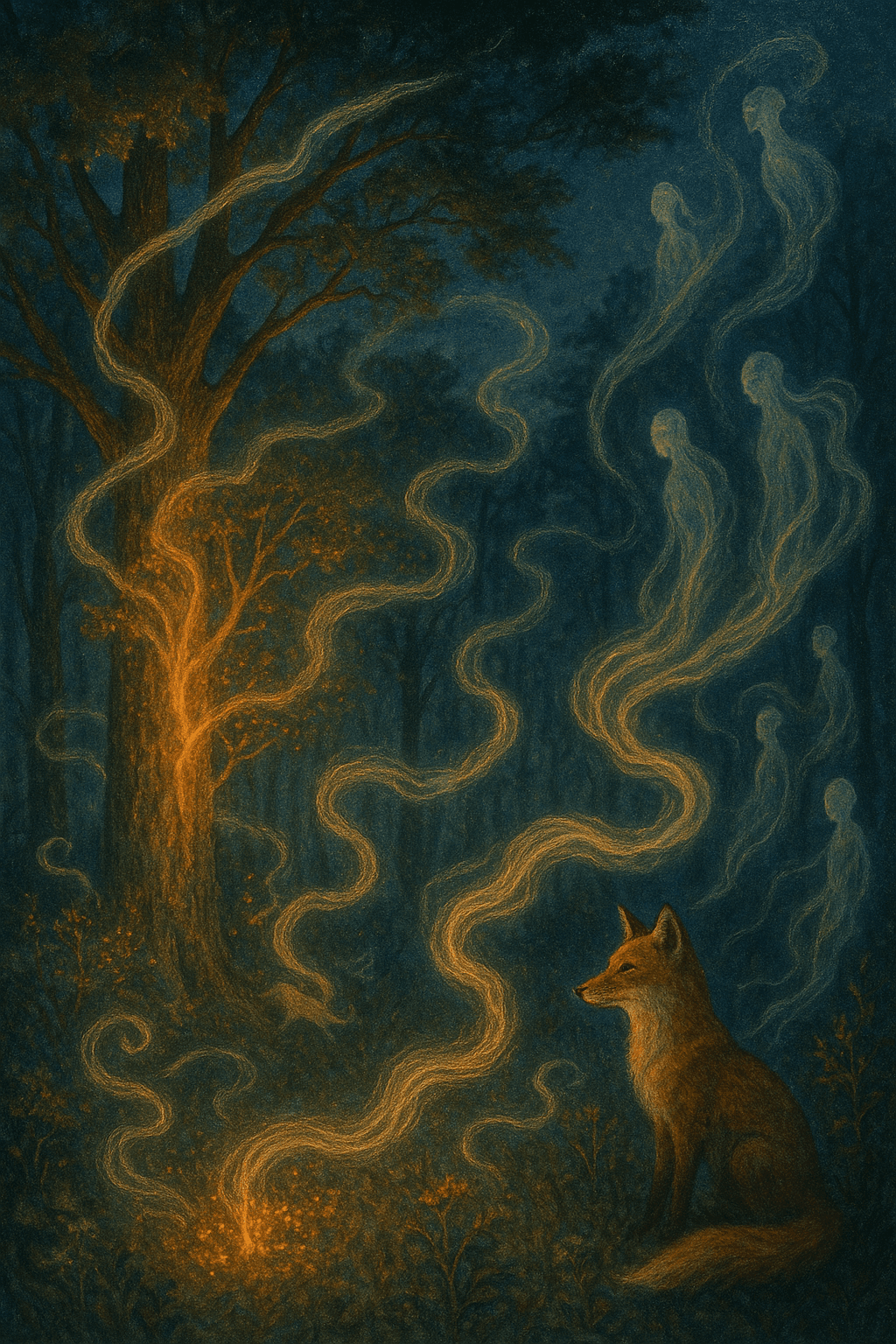Scent and the Hidden Truths of Folklore
Created at: August 2, 2025

Odor in folklore is more telling than sight in revealing the inner nature of things. — Jun’ichirō Tanizaki
The Primacy of Scent in Human Perception
While sight is often celebrated as our dominant sense, Tanizaki’s insight reminds us that smell plays an equally vital and sometimes more profound role in understanding our world. In many cultures, odors carry layers of meaning that visual details cannot convey. The faint aroma of earth after rain or the mustiness in an ancient temple evoke emotional responses that a simple glance cannot trigger, hinting at invisible qualities and histories.
Folklore’s Emphasis on Olfactory Clues
Transitioning to the realm of folklore, smell frequently emerges as the key to identifying the true nature of beings or events. European fairy tales, for example, often describe enchanted creatures giving themselves away by their ‘otherworldly’ scents—pleasant or foul. Similarly, Japanese folktales, as Tanizaki notes, are replete with accounts where spirits or deities reveal their presence through distinctive fragrances, signifying purity, decay, or mischief far more convincingly than appearances alone.
Symbolism of Odor Versus Sight
Building on this, odor operates as a kind of moral or metaphysical barometer in stories. Where sight can be deceived by illusions or masks, scent is harder to disguise. Plato’s 'Allegory of the Cave' relies on sight and shadow to illustrate deception, yet in tales like the Russian ‘Baba Yaga,’ the witch’s fetid aroma betrays her evil origins. Thus, folklore assigns scent a role as the sense that uncovers what lies beneath the surface.
Cross-Cultural Examples and Resonance
Expanding the perspective, this theme recurs beyond Europe and Japan. In West African legends, supernatural beings are recognized by their unfamiliar or overpowering odors, which warn villagers of hidden dangers. Meanwhile, in Hindu epics, divine characters are associated with scents of sandalwood or lotus, underscoring their spiritual essence. These examples highlight how diverse traditions use smell to access truths obscured from the eye.
The Enduring Power of the Invisible
Ultimately, Tanizaki’s observation encourages us to value the senses that reveal hidden realities. In a visually overloaded era, scent invites us to pause and reconsider what escapes our immediate notice. Whether through storytelling or daily life, recognizing the power of odor to expose authenticity deepens our engagement with both tradition and the present, reminding us that, as in folklore, the truest nature of things is often sensed, not seen.